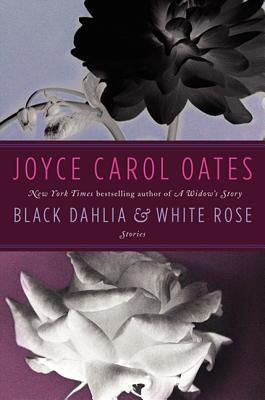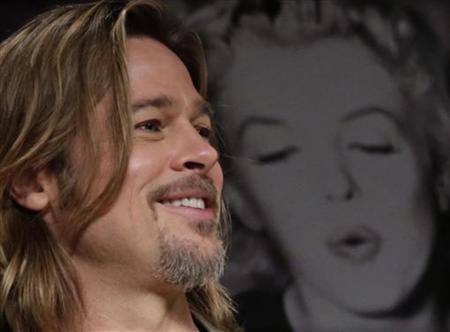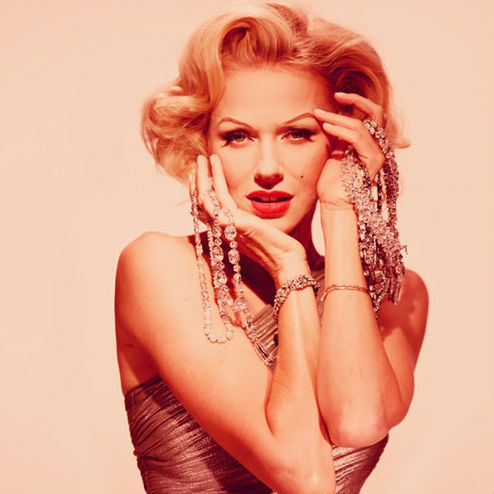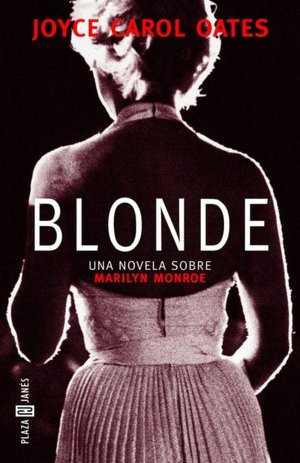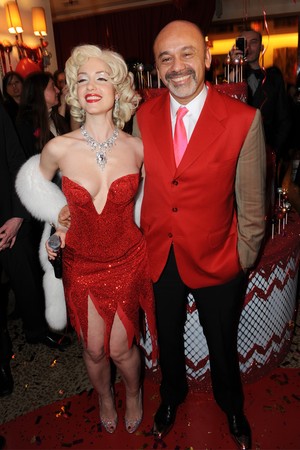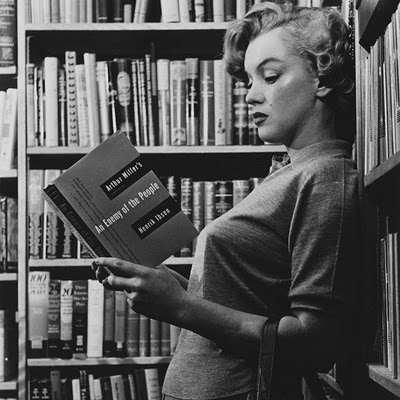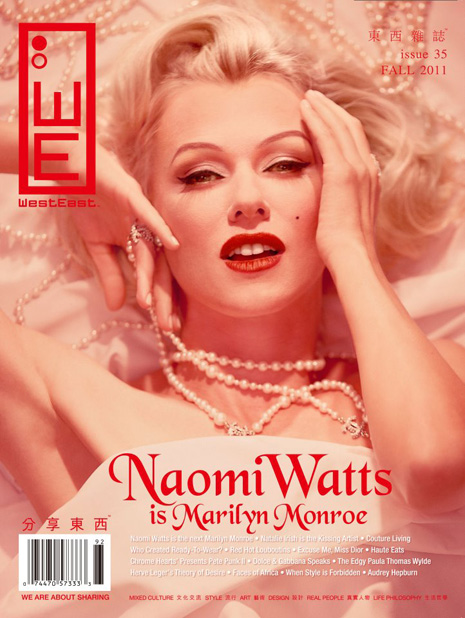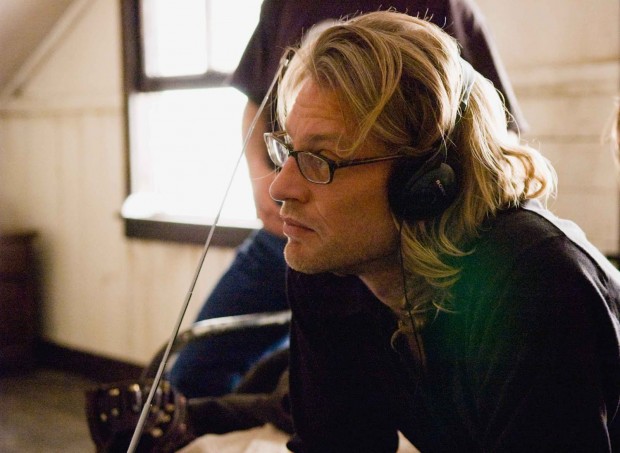
Andrew Dominik (Killing Them Softly) confirmed his plans to direct Naomi Watts in a long-rumoured, big-screen adaptation of Joyce Carol Oates’ novel, Blonde, in a recent interview with The Playlist. (It will be produced by Brad Pitt’s Plan B company.)
While I’m impressed by the talent involved, I still wish Oates’ story was more faithful to historical fact. Like many fans I’ve spoken to, I’m concerned that this movie – however well-intended – may only add to the misunderstandings about Marilyn’s life.
“‘I’m going to do this movie called Blonde,’ which is about Marilyn Monroe,’ Dominik said.
As to the scope of Blonde, don’t expect a Lincoln-like sliver of the troubled star’s life. ‘It’s about her whole life,’ Dominik said, definitively. ‘It starts when she’s seven and it ends when she dies.’ Dominik acknowledged that it will be based on the Pulitzer Prize and National Book Award nominated novel by Joyce Carol Oates, then clarified his approach to the material. ‘It’s sort of a Polanski descent-into-madness-type movie,’ Dominik explained. ‘It’s about this orphan girl who gets lost in the woods.’
Those comments echo his earlier description of the movie as an ’emotional nightmare fairy tale,’ and Dominik sounds genuinely excited about the project. ‘I love it,’ he said. ‘It’s my dream project and I’ve been working on it for years and years and years.’
When we asked Dominik if he was going to push, visually, into the realm of what-is-reality-what-is-fantasy, Dominik said yes. ‘It’s very pseudo-Freudian,’ he said. ‘The lines between fantasy and reality become very blurred in the story.’ About when the film will actually shoot, Dominik optimistically says, ‘I’d like to do it next year.’ He says he hasn’t hired a cinematographer yet, but that Naomi Watts — who was attached early on, but over the summer seemed like she might have to bow out — is still on board, although, as he said, ‘Anything can happen.’
We wondered though, if he has another project ready to go, should Blonde face another delay). Dominik says no. ‘It’s pretty much all about Marilyn at the moment,’ he said.”

